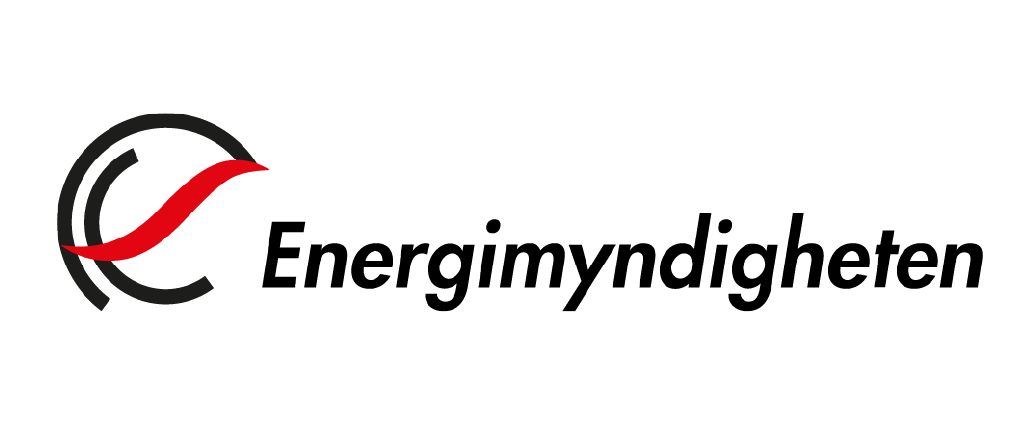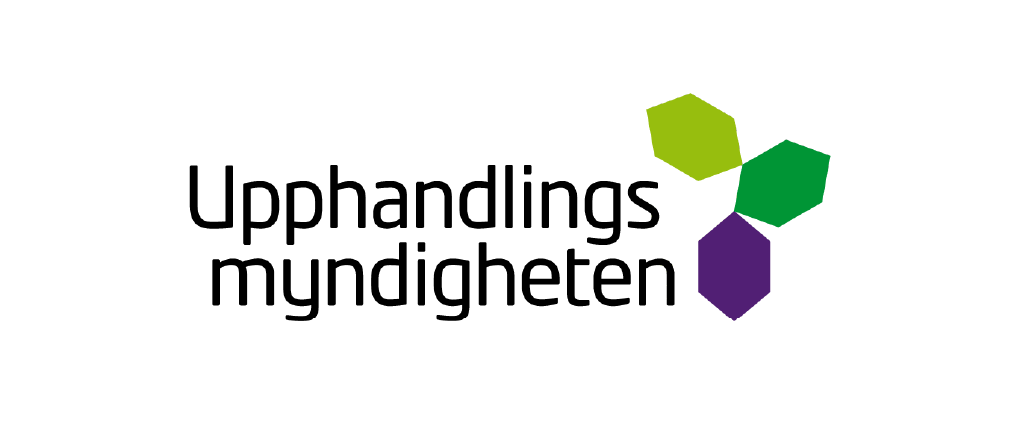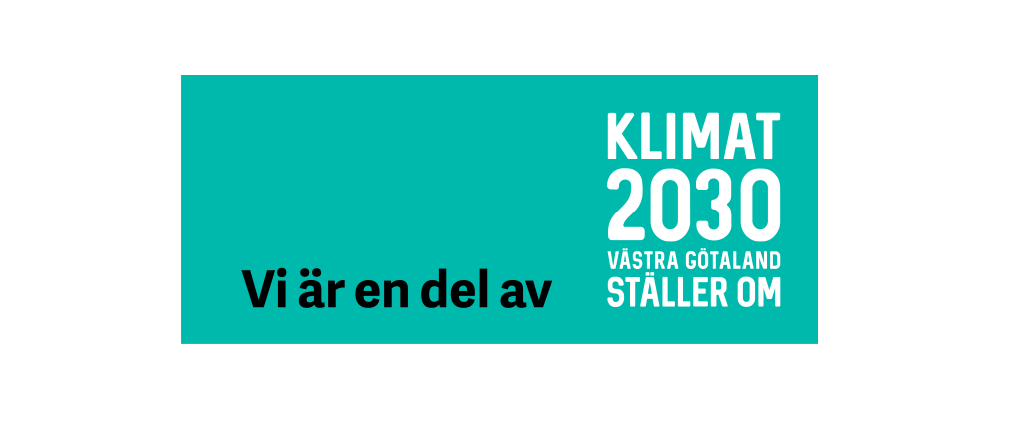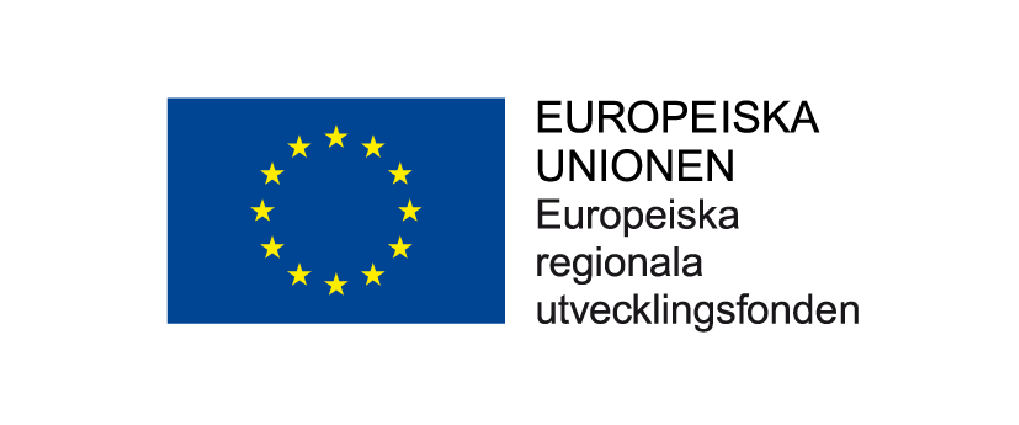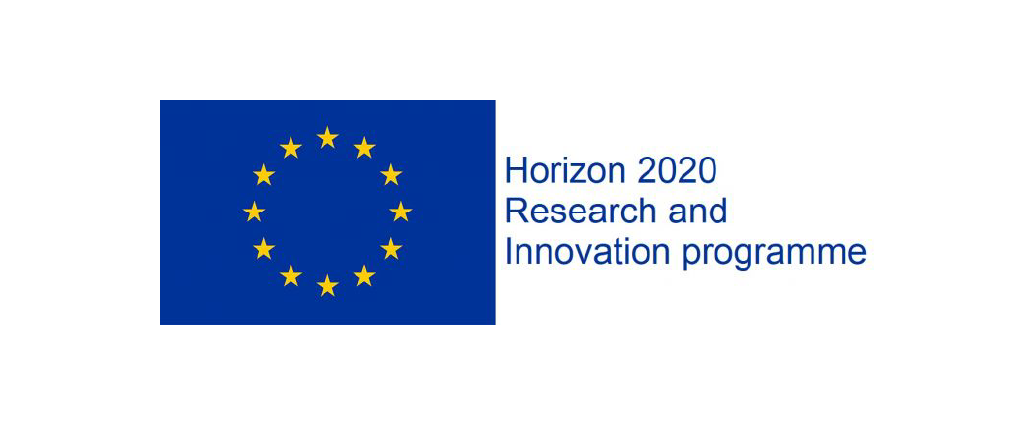Green paper on good practice in EPC assessment, certification, and use
- Utgivare: QualDeEPC
- År: 2020
- Nummer: D3.1
- Författare: Åsa Wahlström, Maria Haegermark
- Typ: Rapport
This document presents the Green paper on good practice in EPC assessment, certification, and use. It provides detailed analysis, draft policy proposals and draft descriptions of tools on the seven areas that the QualDeEPC project has identified as its priorities for the development of enhanced EPC schemes:
- Improving the recommendations for renovation provided on the EPCs towards deep energy renovation
- Online tool for comparing EPC recommendations to deep energy renovation recommendations
- Creating Deep Renovation Network Platforms
- Regular mandatory EPC assessor training (on assessment and renovation recommendations) required for certification/accreditation and registry
- High user-friendliness of the EPC
- Voluntary/mandatory advertising guidelines for EPCs
- Improving compliance with the mandatory use of EPCs in real estate advertisements
For each topic, the situations in the partner countries are evaluated, best practice examples are described and cross-national measures for improvements are suggested. The major outcomes at this stage are:
- A text-based list of deep energy renovation recommendations,
- The concept for the online tool development,
- The concept for a Deep Renovation Network Platform,
- A universal, enhanced user-friendly EPC form template and background on the proposed content
- General policy proposal for regular mandatory EPC assessor training, and
- General policy proposal for advertisement guidelines and for actions to improve the compliance with the mandatory use of EPCs in real estate advertisements.
About the project
Energy Performance Certificates (EPC), regulated by the EU’s Energy Performance of Buildings Directive (EPBD), are an important instrument to enhance the market uptake of energy-efficient new buildings and the energy-efficient renovation of existing buildings. The Horizon2020 funded project QualDeEPC will work on EU-wide convergence of the building assessment and the issuance, design, and use of quality-enhanced EPCs as well as their recommendations for building renovation. The aim is to make these recommendations coherent with deep energy renovation towards a nearly-zero energy building stock by 2050.
Åsa Wahlström and Maria Haegermark are CIT Energy Managements key representatives in the project

